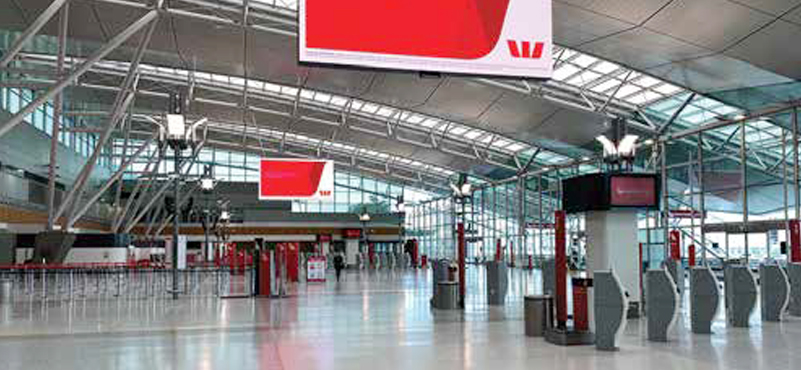Sanjay Kumar, an aviation man and former CCO, IndiGo suggested caution in route deployment, both domestic and international. He exuded confidence in growth prospects, in short, and long-term, even if the short-term growth was profitless. Excerpts from the exclusive interaction.
 Recent pressures like the price of oil, rupee trading low to USD, capacity addition by all leading players may continue for some time. What impact do you see?
Recent pressures like the price of oil, rupee trading low to USD, capacity addition by all leading players may continue for some time. What impact do you see?
We know for the airline industry, fuel is a major cost contributor and it ranges from 35-40 percent of airline costs, depending upon the airline business model. So, it would suffice to say that more the fuel costs, larger the impact on the financial performance of the airlines. On top of the fuel costs, airlines are equally affected by the increased value of USD against INR. Further, almost 70 percent of airline costs are affected due to the fluctuations in the currency market and this also impacts overall costs of operations. Increase in fuel prices and USD value against the INR, both are bad for the industry. However capacity addition may still be instrumental in ensuring growth in the domestic market and without any capacity expansion, it may have a negative impact on the growth as capacity expansion neutralises possible increase in the fares, thereby maintaining growth.
Will airlines start deferring further induction at some point because economies will not play out?
Airlines have to look at the business, keeping long-term objectives in mind and in a scenario where these short-term pressures do impact the sentiments in the industry, airlines have to be prepared to face short-term pains. Those airlines which have not planned for a situation like today, will, of course, find it difficult, and may have an impact on the induction in the short-term. But overall, we will not see much impact of the situation coming out of the current fuel prices.
Much of the new capacity will get diverted to international routes as unutilised bilaterals are available?
Airlines will have to plan capacity deployment, keeping their overall growth strategy in mind. While available traffic rights and deployment of the capacity may be an option but may not be the most optimal option for capacity deployment. One will have to be very careful in capacity deployment in both domestic and international markets.
Will this be commercially viable as this may open a new chapter in foreign airlines then qualifying for more seats?
One has to be mindful of all these calculations and rightly so, the capacity utilisation of unused bilaterals will lead to opening more seats on the routes and that will further complicate life, in terms of increased competitive activity in some of the high potential markets. So, anyone getting into these routes will have to also plan for the increased competitive scenario.
New unheard-of city pairs could be in the offing, increasing air connectivity?
Yes, lots of new city pairs by the industry are going to be in offering with the expansion of the airline industry. Some will be greatly successful, and some will relatively not be so successful. The industry will have to take that factor while planning their expansion.
How do you see the legacy carriers fighting off LCC pressure?
It is all about the lowest costs of operations and LCCs definitely have an edge over the FSCs. if FSCs try to compete with LCCs with their costs, they will have more pains in an environment when fuel prices and USD appreciation is already impacting costs and revenue.
This is going to be a tough time for the FSCs as they not only face tough competition on pricing but also have much higher costs at already high costs due to their business model.
Are we at some infectious stage in air transport?
Not really. These short-term variations in costs will lead airlines to become more agile and efficient. Yes, these tough times will result in financial issues with the airlines, but growth will continue to be the name of the game, even if it is profitless for some years.




































